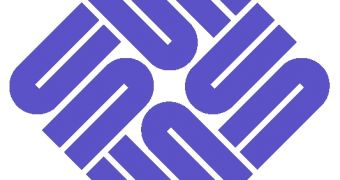Sun Microsystems have announced that they have initiated a new program for independent software developers, awarded with $1 Million prize. The participants will have to contribute to Sun's open source software projects. The announcement was made last week in Bangalore by Sun's chief open-source officer, Simon Phipps, at FOSS.IN.
The initiative is radically different from Google's Sumer of Code in various aspects. While Google focuses on increasing student participation in open-source software development, Sun's contest is open to everyone who wishes to join the Open Source community.
Sun also does not impose on resource distribution and lets any participant decide on how they will spend the money coming from the awards. Google's program instead creates specific guidelines for individual contributors. Sun's method is extremely competitive, since it will offer the necessary flexibility for individual projects to financially fuel the contributors according to their development model and goals. The open source communities get the funds from Sun and then use them either for research or for rewarding loyal contributors to specific projects.
The nature of the participating projects is also a crucial difference between Google's initiative and Sun's program. The former focuses on an increased amount of independent open-source projects that are not directly linked with the company.
On the other side, Sun's program stimulates the involvement in their own open-source products, including OpenSolaris, GlassFish, OpenJDK, OpenSPARC, NetBeans, and OpenOffice.org. Shortly put, the Google projects are focused on a wider spectrum of open-source communities, while Sun's are self-oriented and only reward contributors that are committed to developing Sun's projects.
Sun Microsystems are known for their initiatives meant to draw communities of developers around their own open-source projects. The company stimulated the community formed to support OpenSolaris for instance, but their latest move on the Open Source market was the recent unveiling of their OpenSPARC (Niagara 2) microprocessor specifications.

 14 DAY TRIAL //
14 DAY TRIAL //